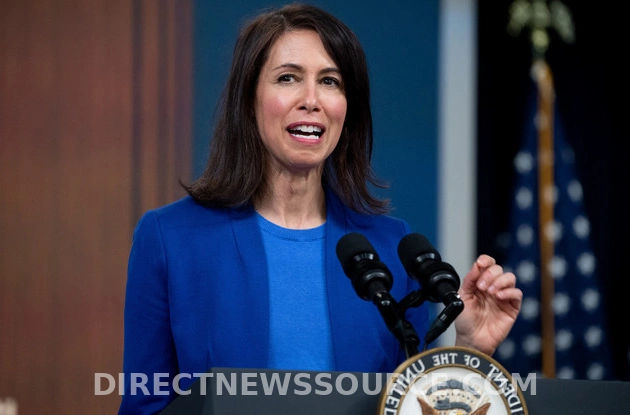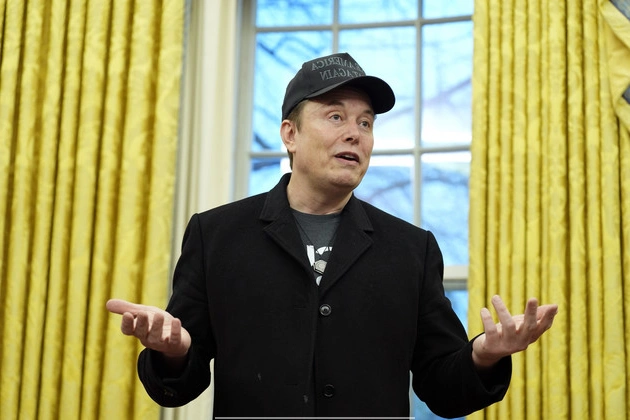
In a recent interview, Jessica Rosenworcel, the departing chair of the Federal Communication Commission (FCC), emphasized the importance of the agency maintaining its autonomy and not succumbing to pressure from President-elect Donald Trump to target media outlets and tech giants he perceives as adversaries.
Rosenworcel reaffirmed the FCC’s commitment to making decisions based on evidence, facts, and legal frameworks rather than being swayed by political influences or personal grievances emanating from the White House.
While the FCC operates independently to regulate U.S. communication networks, the president appoints its chair and commissioners, subject to Senate approval. Trump has selected Brendan Carr, the current leading Republican within the commission, to assume the role of chair. Carr has expressed his alignment with the Trump administration’s priorities, indicating a thorough understanding of their agenda.
Notably, Trump has issued threats to revoke the broadcast licenses of media networks that criticize him, a stance echoed by Carr who has criticized CBS and NBC for their coverage of Vice President Kamala Harris. Carr’s rhetoric includes a willingness to challenge tech giants such as Apple, Meta, Google, and Microsoft, labeling them as the ‘censorship cartel’ and alleging suppression of conservative viewpoints.
Rosenworcel strongly condemned the notion of using FCC authority to penalize media outlets due to presidential disapproval of their content, emphasizing the agency’s obligation to uphold First Amendment principles both in traditional broadcasting and online platforms.
During a conversation with POLITICO Tech host Steven Overly, Rosenworcel delved into her tenure at the FCC, discussing topics ranging from cybersecurity threats posed by Chinese hackers to the rise of AI-generated deepfakes. The interview also explored the future trajectory of the FCC under the impending Trump administration.
To access the complete interview, listeners can tune in to POLITICO Tech on popular podcast platforms such as Apple, Spotify, Audible, or their preferred podcast service.















